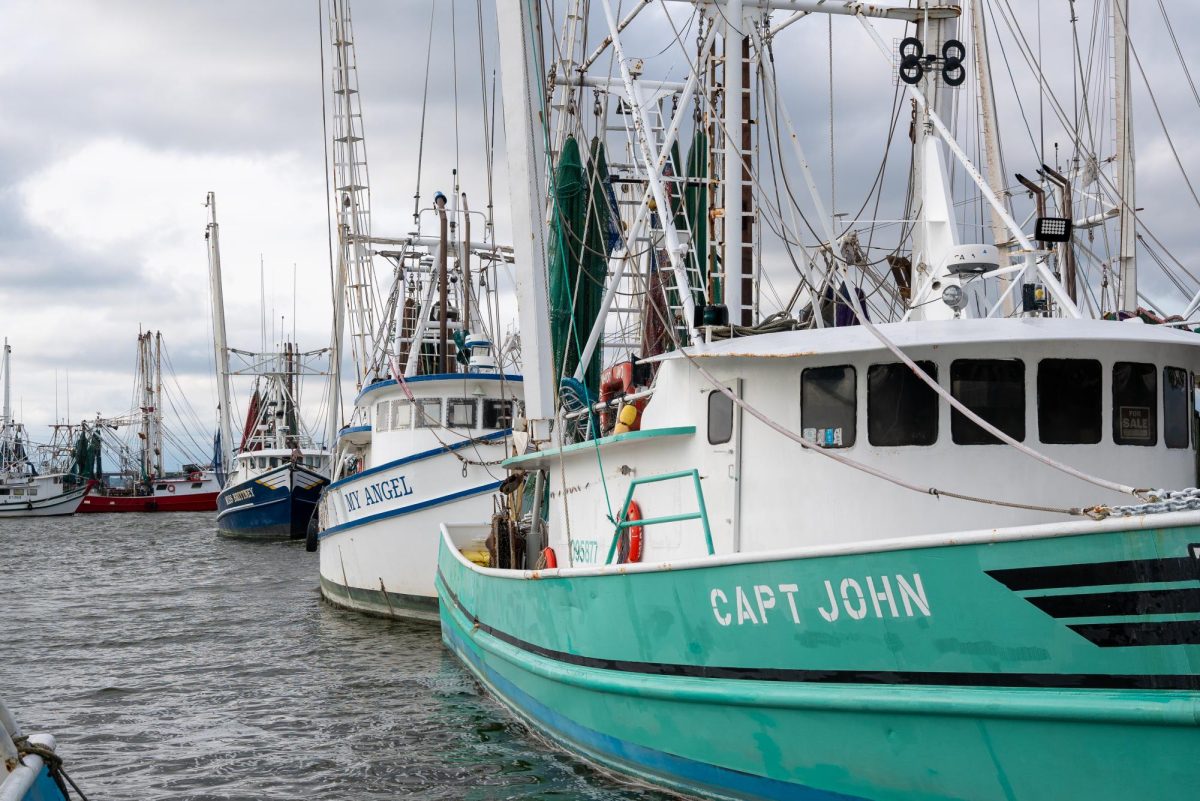Mississippi State University is constructing a new Gulf Coast Aquatic Laboratory to help protect aquatic environments and improve the health of Mississippi’s aquatic animals in the Gulf of Mexico.
Funded by a National Oceanic and Atmospheric Administration (NOAA) grant received in September 2023, the $1.8 million project is focused on providing research activities and diagnostic services to improve the health of marine wildlife in the Gulf of Mexico and Mississippi Sound.
According to the MSU Global Center for Aquatic Health and Food Security (GCAHFS), commercial and recreational fisheries contributed $107 million and $45 million to Mississippi’s economy in respective dock sales in 2020.
The GCAHFS will open the Gulf Coast Aquatic Health Laboratory as part of its Gulf Coast Aquatic Health Program.
Stephen Reichley, director of the Gulf Coast Aquatic Laboratory and associate director of the MSU Global Center for Aquatic Health and Food Security, said the lab will support ongoing MSU research on the Gulf Coast.
“We’re already working on the Gulf Coast and helping identify issues and find solutions in the Mississippi Sound,” Reichley said. “The impetus behind establishing this lab is really to help enhance and bolster our ability to explore the environment, recognize issues, find the health of the Mississippi Sound and then provide solutions for different stakeholders agencies to protect that environment for many generations.”
Reichley said it is a privilege to be able to work alongside researchers, scientists and veterinarians who advance this mission. The plan to build the laboratory originated from the collaboration in previous MSU projects on the Gulf Coast.
Reichley said a goal was to add the laboratory’s presence to the College of Veterinary Medicine, which already has several extension locations throughout Mississippi.
Reichley said they had conversations with different stakeholders and were thrilled that NOAA recognized their strengths and agreed to provide funding for the lab.
Mark Lawrence, co-principal investigator at the Gulf Coast Aquatic Laboratory and director of the MSU Feed the Future Innovation Lab for Fish, said he will use his expertise in researching bacterial development of diseases in future projects within the Gulf Coast Aquatic Laboratory.
“Many of the problems we have are bacterial,” Lawrence said. “Vibrio is a genus of bacteria that affects multiple fish. It’s a big problem.”
Lawrence said Vibrio is very common in the marine environment. The Gulf Coast Aquatic Laboratory will work to reduce the stress in marine animals, as stress suppresses animals’ immune systems, making them more susceptible to toxic threats, fungal diseases and viruses.
Lawrence said protecting and stabilizing the health of the environment is one of the most effective things in protecting aquatic life from diseases like Vibrio.
“The more we can study these isolates that are causing disease and learn more about them,” Lawrence said. “The more we can design specific strategies to prevent Vibrio infection in these animals as well.”
Bill Epperson, professor and head of the Department of Pathobiology and Population Medicine, believes the laboratory intends to promote research, community outreach and service to coastal wildlife.
“Mississippi State has a body of people already on the coast doing ecology and ecosystem health work,” Epperson said. “This will add to that body by doing animal health work.”
The MSU GCAHFS website states that MSU will use this laboratory to continuously advance participation in scientific encounters and use it as an opportunity for students to gain diagnostic experience and conduct research.
Epperson said he would like to see students engage, learn and be excited about the ecosystem and marine mammal health. He said it is a good opportunity for students to participate in externships and internships and experience what is done to help marine mammal health.























































































